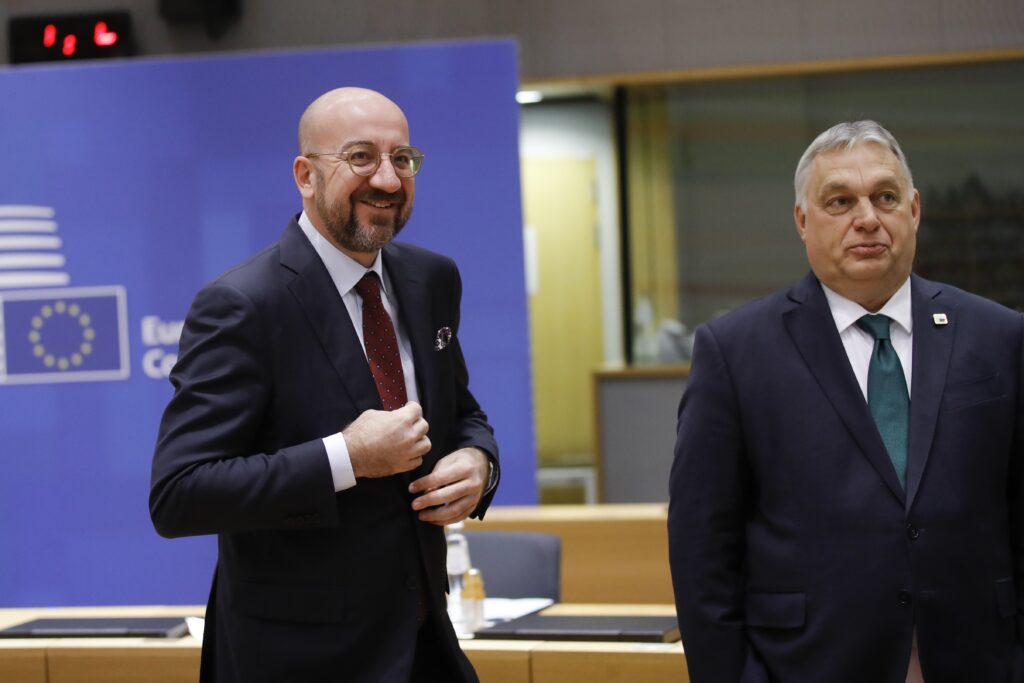Strengthening energy sovereignty is a priority, Hungarian Energy Minister Csaba Lantos said in an interview with the Hungarian public media on Sunday. Due to the mild winter, a low amount gas was consumed, which is why the filling level of gas storage facilities is very high both in Europe and in Hungary, Mr Lantos added.
Although Russian gas is still coming to Europe at the moment, it cannot be ruled out that the war will last for a long time, nor that gas prices will rise, Csaba Lantos said.
Commenting on European Commission President Ursula von der Leyen’s opinion that up to 30 billion cubic metres of gas could be missing from the market, the minister said that there are about 25 major LNG terminals under construction in the EU, which can receive LNG from other continents.
We can only say that Europe is truly independent from Russian gas when the terminals are completed. Their construction is underway, but 2023-2024 will be a tough winter for Europe, he added.
The situation in Hungary is a bit different, as there is a relatively high number of gas storage facilities in the country, Minister Lantos pointed out. As long as the Serbian pipeline is operational, the filling of these storage facilities is ensured, he noted.
The Hungarian government will continue to provide very cheap gas to the population up to the average consumption level, Mr Lantos said. The gas price for consumption above the limit is also below the market price, and the government decided last December not to increase the gas price during the heating season until 30 April, he added.
Csaba Lantos also spoke about strengthening Hungary’s energy sovereignty: “We are very dependent on foreign countries for energy, and we need to decrease this dependence.” The country has limited natural resources at its disposal, but “we are not completely without means”, he pointed out.
As an example, he mentioned that in 2021, the country consumed roughly 10 billion cubic metres of natural gas, while 1.5 billion cubic metres could be extracted from Hungarian soil. The goal is to reach two billion cubic metres a year.
In addition, the use of weather-dependent renewable energy sources, such as solar energy and, as a complement, wind energy, will continue.
Hungary has pledged to have over 6,000 megawatts of solar capacity by 2030, and is ahead of the schedule now.
The government assumes that there will be funds to implement all these, Mr Lantos said.
The European Union has found the Hungarian recovery plan to be one of the best, so the government hopes that “these EU funds will arrive.”
If, for some reason, this will not be the case, the programme to strengthen energy sovereignty will have to be implemented using other sources.
The minister also touched upon the situation of the Paks nuclear power plant, whose operating life is to be extended by another 20 years. The Paks2 project is also very important for the country. Such nuclear power plants take a long time to build, so it is expected to be completed by 2032. The nuclear option is an absolute must, Minister Lantos concluded.
V4NA


